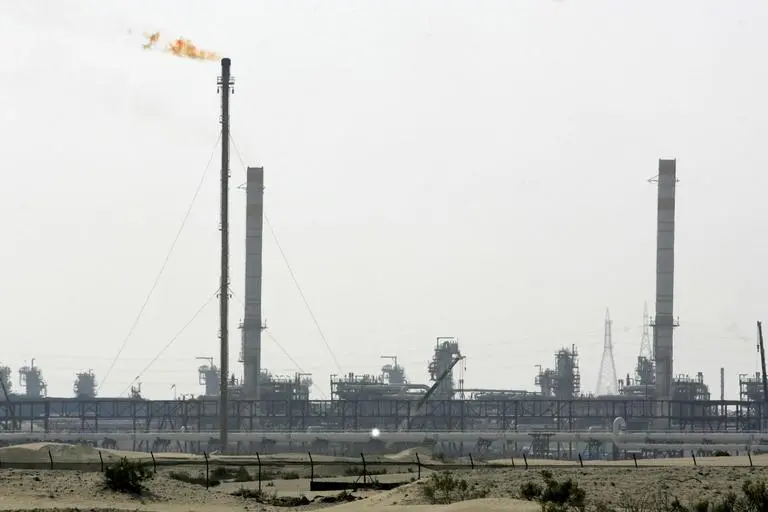PHOTO
The oil sector requires $12.1 trillion in investments by 2045 as it is set to retain the highest share in the global energy mix, top officials said while launching OPEC’s World Oil Outlook (WOO).
OPEC’s Secretary General, Haitham Al Ghais, said the global energy demand is expected to increase by 23 per cent, ie, from 286 million barrels of oil equivalent a day (mboe/d) to 351 mboe/d by 2045.
“That is around 2.7 million barrels a day of oil per year. Today, however, there is a huge shortfall in investments to meet this expected future demand growth.” Al Ghais noted that the sustainability of the global energy system “is at stake” with the industry staring at a multi-decade investment challenge.
“For the oil industry alone we see global investments requiring a total of $12.1 trillion between now and 2045. We need all industry stakeholders to work together to ensure a long-term industry-friendly climate.”
Opec, he said, is fully committed to helping ensure that the oil industry has a sustainable and stable environment that enables investments to be made.
The drivers of global energy demand are exclusively non-Opec countries. India alone accounts for 28 per cent of this expansion.
Demand for oil as a primary fuel is anticipated to increase from 88 mboe/d in 2021 to 101 mboe/d in 2045, with its share in the energy mix dropping from 31 per cent to just below 29 per cent. Despite decelerating oil demand growth, oil is set to retain the highest share in the global energy mix during the entire forecast period. The combined market share of oil and gas in the global primary energy mix is expected to remain above 50 per cent to 2045.
Suhail Al-Mazrouei, UAE’s Minister of Energy and Infrastructure, said that investment has to happen in renewable energy for a smooth and fast transition.
“The transition is happening, and it’s happening fast but it would require a reliable supply of baseload, oil and gas, for it to happen.”
Meanwhile, global GDP is set to increase by three per cent per annum on average from 2021-2045 period. The global population will expand by 1.6 billion, from 7.9 billion in 2021 to 9.5 billion in 2045.
Urbanisation is forecast to expand further in the coming decades, with 66 per cent of the world’s population projected to live in cities by 2045.





















